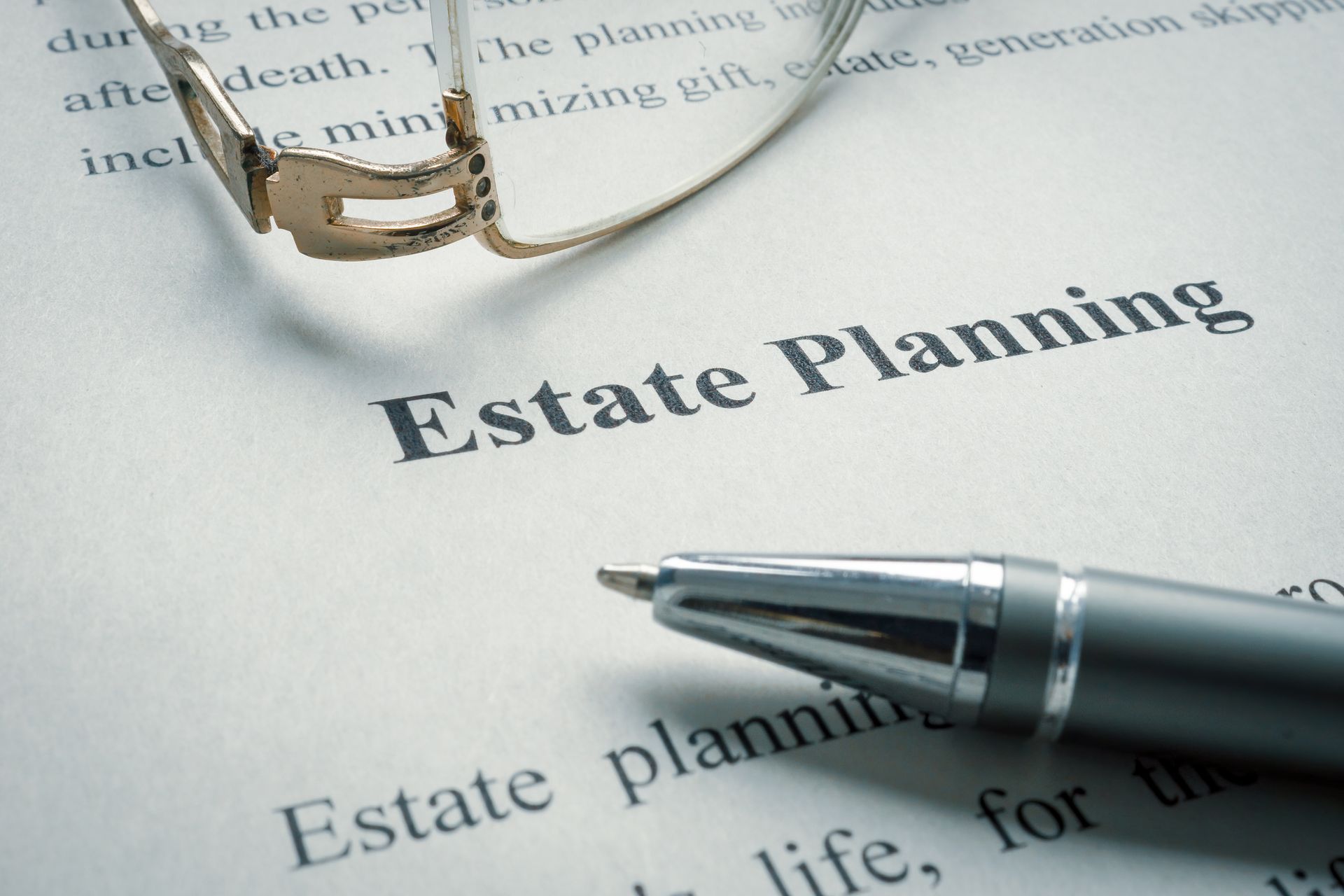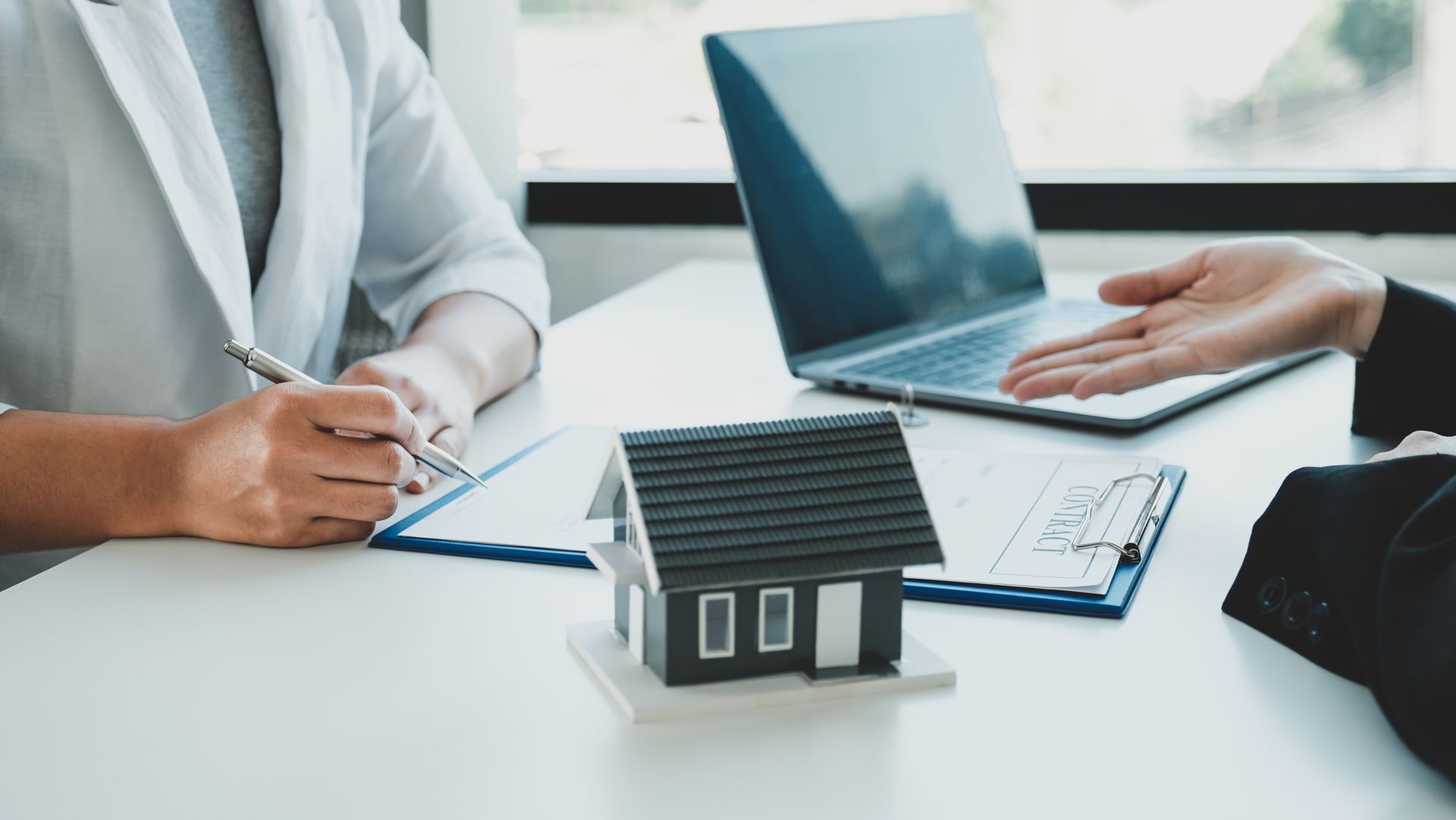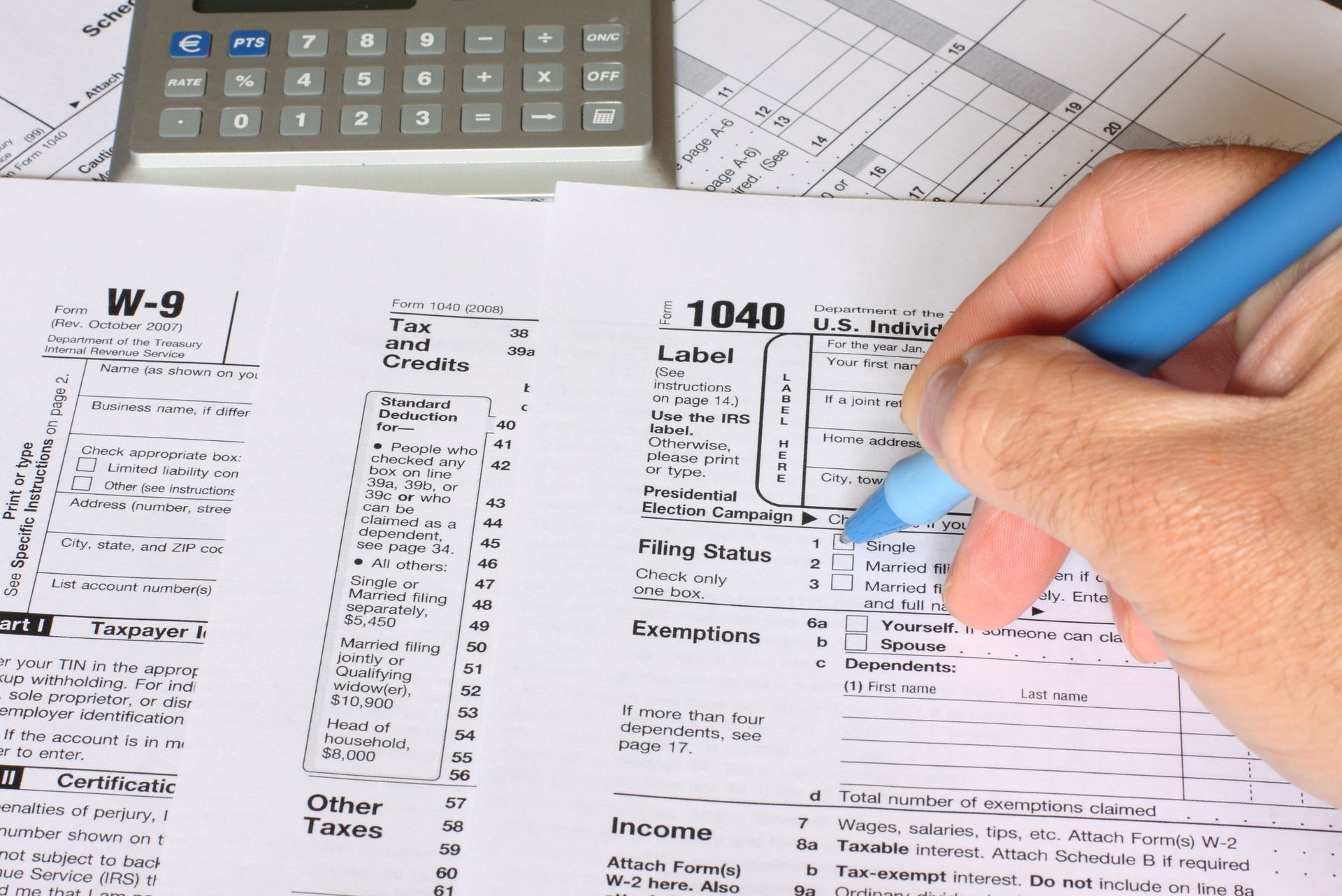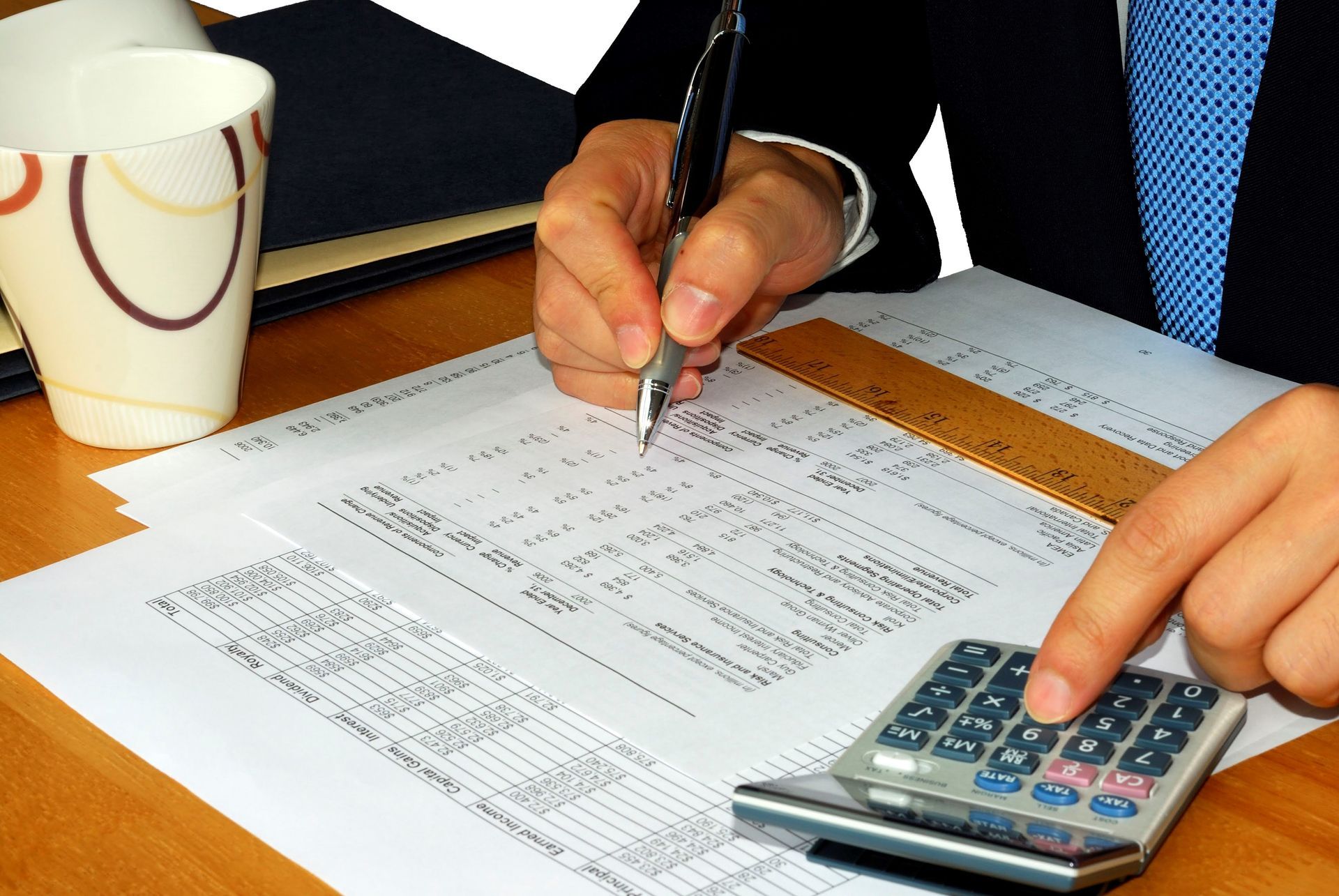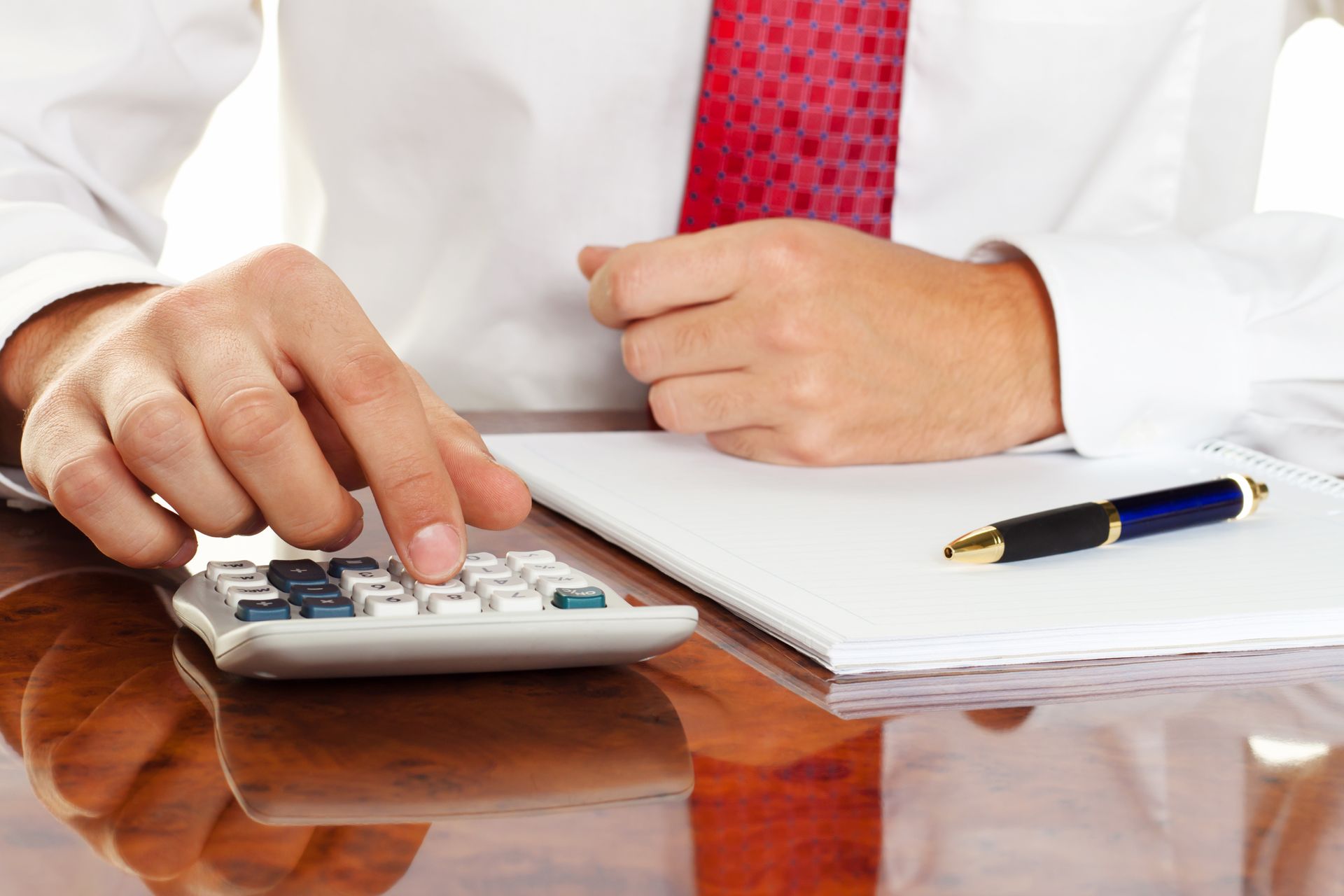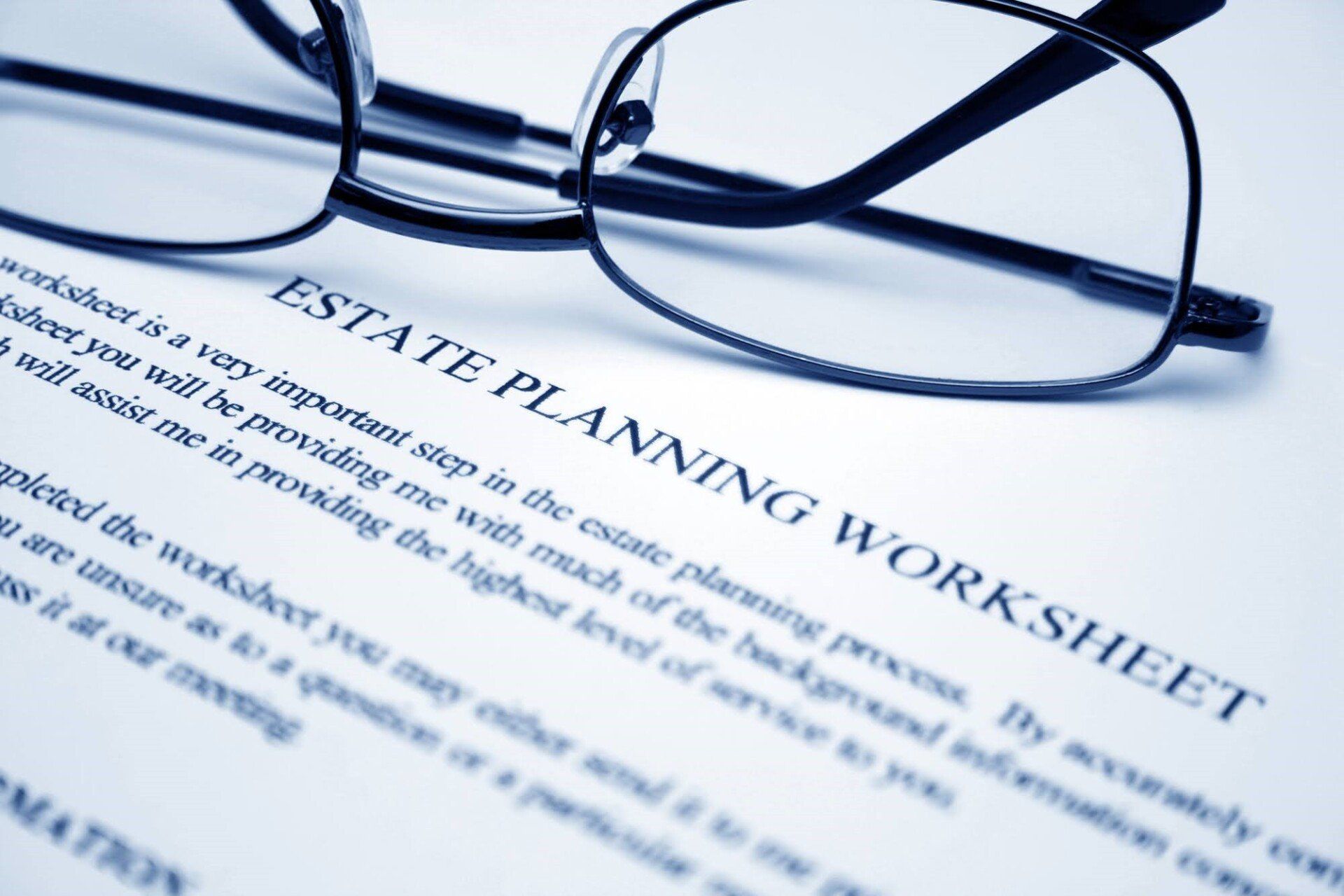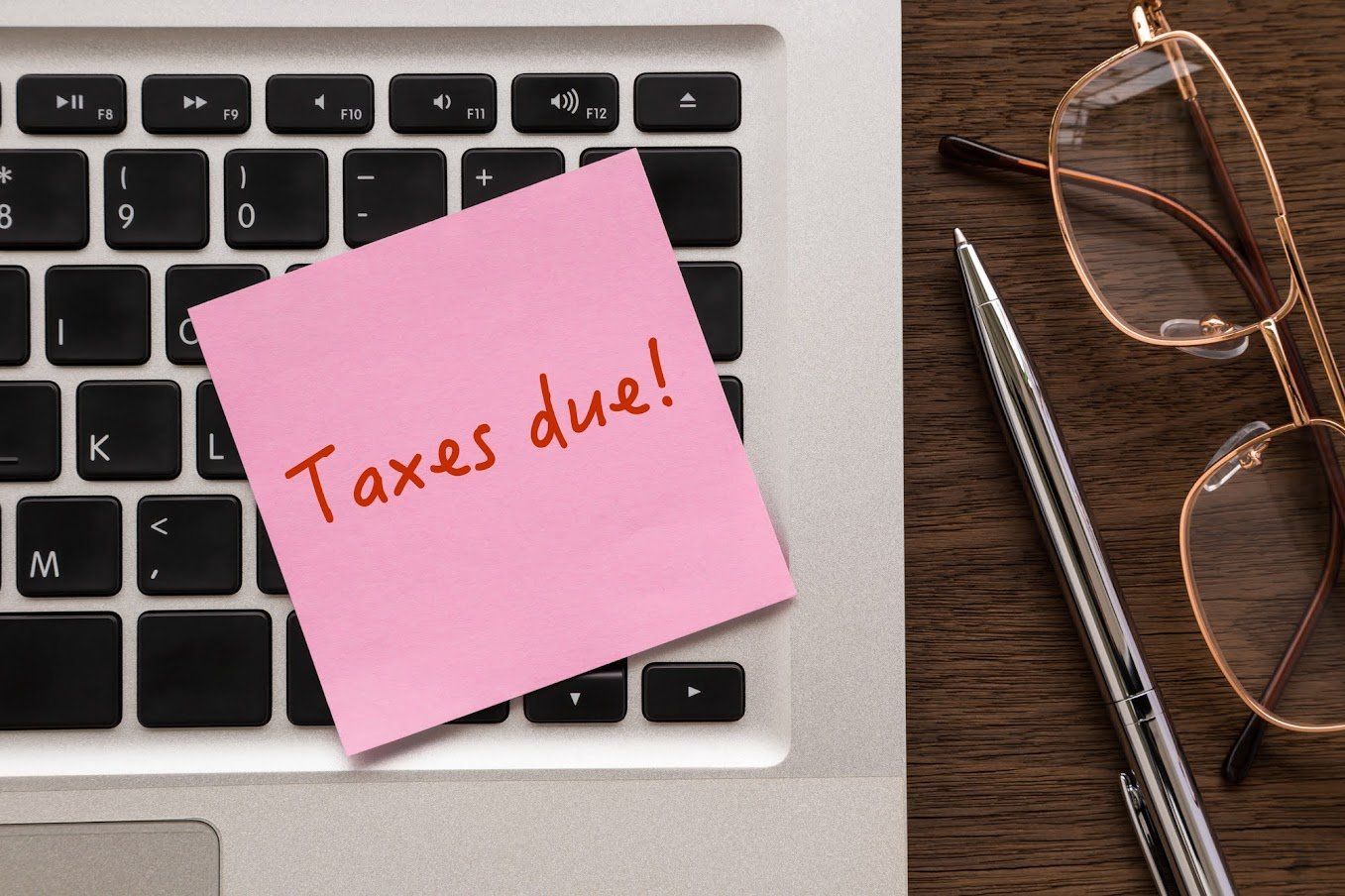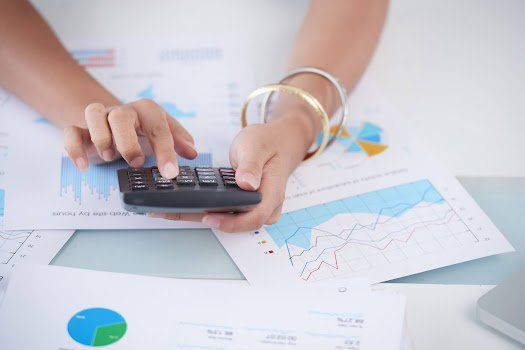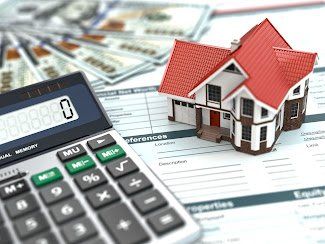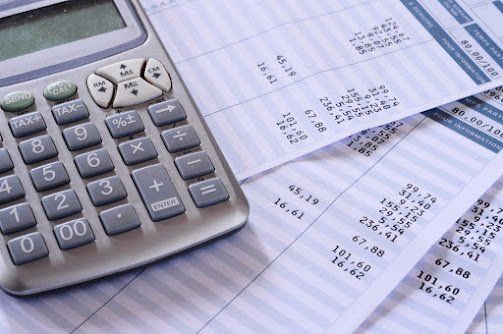Try Before You Buy — The Benefits of Leasing a Business
For many people, the idea of running their own business is exciting but also nerve-wracking. One great way to dive into being a business owner while minimizing the risk is to lease a business. How does this work? What benefits does it bring? And what should you know before signing a lease agreement? Here are a few answers.
What Is a Business Lease?
A business lease, like a residential or building lease, is an agreement for one party to use the property as their own for a set period of time in return for payments to the owner. The owner maintains overall control of the property and continues being responsible for things like mortgage payments, taxes, and insurance. The owner determines what liberties the lessee can take with the property and what is off limits.
Because a business is a more dynamic asset than a building or piece of land, it does offer more freedoms for the lessee in how to operate things. The lessee effectively takes on most (or all) of the day-to-day choices and operations while the real owner generally becomes in name only.
Why Should You Lease?
If the point of becoming a business owner is to have total control and reap all the rewards, why should you consider leasing instead? The biggest upside is that you don't have to take on a huge expense either to start or buy a business all at once. Leasing an existing operation means you can use the equipment, inventory, and real property already in place. And typically you pay by month rather than in a lump sum.
For anyone concerned with their ability to run a business, leasing offers the benefit of time and experience. The business is already in place, so you can start by generally continuing on the same path already laid out. A new entrepreneur has the chance to learn the ropes in a more stable setting than they would if they started a new business. In addition, you get the experience and skill of those already managing things.
Finally, a lease allows a potential business owner to test drive the company before committing to buy it. You can learn how it operates, what changes you need to make, what the real profit potential is, and how you like running it — all without committing to a long-term arrangement or a large amount of cash.
Where Should You Start?
Do you think that leasing a business might be the right move for you? You'll need to do plenty of homework before jumping into things. Start by consulting with a business attorney and a certified public accountant.
Generally, you will want to treat any potential lease in much the same way as you would a purchase. After you signal your interest, ask for financial statements, and go over them in detail with your accountant. If the business is said to be in good condition, you will want to make sure it is. If it's a troubled business, you will need to know what you have to work with.
You will also be able to negotiate the terms of the lease, so decide what will be your priorities. Do you need the right to use all equipment? Which employees will stay or leave? Do you want the business owner to serve as a consultant? What sort of non-compete agreement will be signed? Can you buy the business at the end of a specified term? And is a purchase mandatory or optional?
Anyone who is thinking about become a business lessee should begin by working with experienced accounting professionals. At Bliss & Skeen, our certified public accountants are ready to help. Call today to make an appointment.


